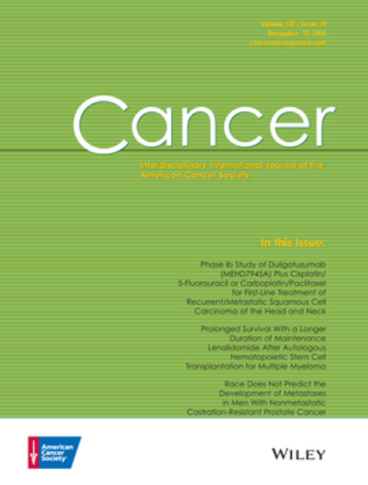Comparison of survival outcomes for patients with Stage III vs de novo Stage IV breast cancer
Abstract
Purpose
Improvements in systemic therapy have resulted in significant heterogeneity in survival outcomes for metastatic breast cancer patients. As such, recently proposed staging guidelines for de novo metastatic breast cancer stratify patients into four categories (IVA/IVB/IVC/IVD). Expanding on this, overall survival (OS) outcomes for patients with Stage III vs Stage IV breast cancer were compared based on the previously defined American Joint Committee on Cancer guidelines and recently proposed subgroups for de novo metastatic breast cancer.
Methods
Adult patients diagnosed with Stage III or IV breast cancer in the National Cancer Database (2010–2019) were stratified as IIIA/B/C (American Joint Committee on Cancer, 8th edition) or IVA/B/C/D. OS was estimated using the Kaplan-Meier method. Cox proportional hazards models estimated the association between stage subgroups and OS.
Results
Among 81,128 patients (median follow-up, 76.8 months), 83.5% were Stage III and 16.5% Stage IV. Unadjusted 3-year OS rates were 85.7% for Stage III versus 68.3% for Stage IV. From Stage III to Stage IV, OS declined but there was notable convergence in OS between subgroups. The unadjusted 3-year OS for IIIC was 69.6%, which was lower than IVA (87.0%) and IVB (78.4%). Adjusted analysis showed similar trends, with the HR for IIIC at 1.94, which was worse than IVA at 1.20 and IVB at 1.83 (ref: IIIA, overall p < .001).
Conclusions
It was demonstrated that the survival outcomes for select patients with Stage IV breast cancer have significant convergence in OS with some patients with Stage III disease. These findings may be important for patient counseling, treatment approaches, and clinical trial design.

 求助内容:
求助内容: 应助结果提醒方式:
应助结果提醒方式:


